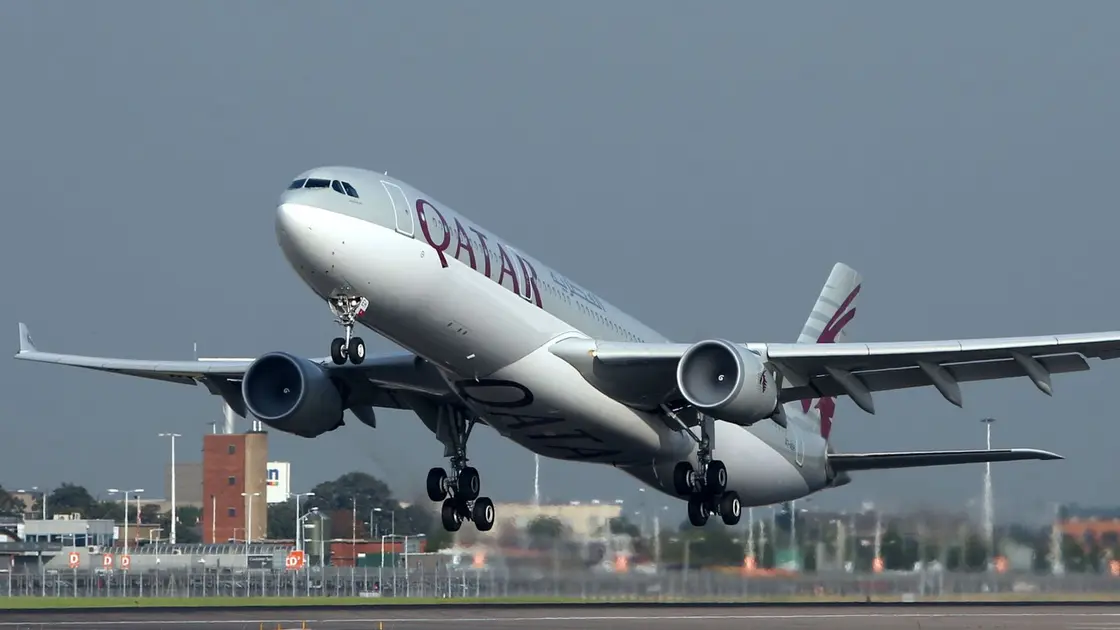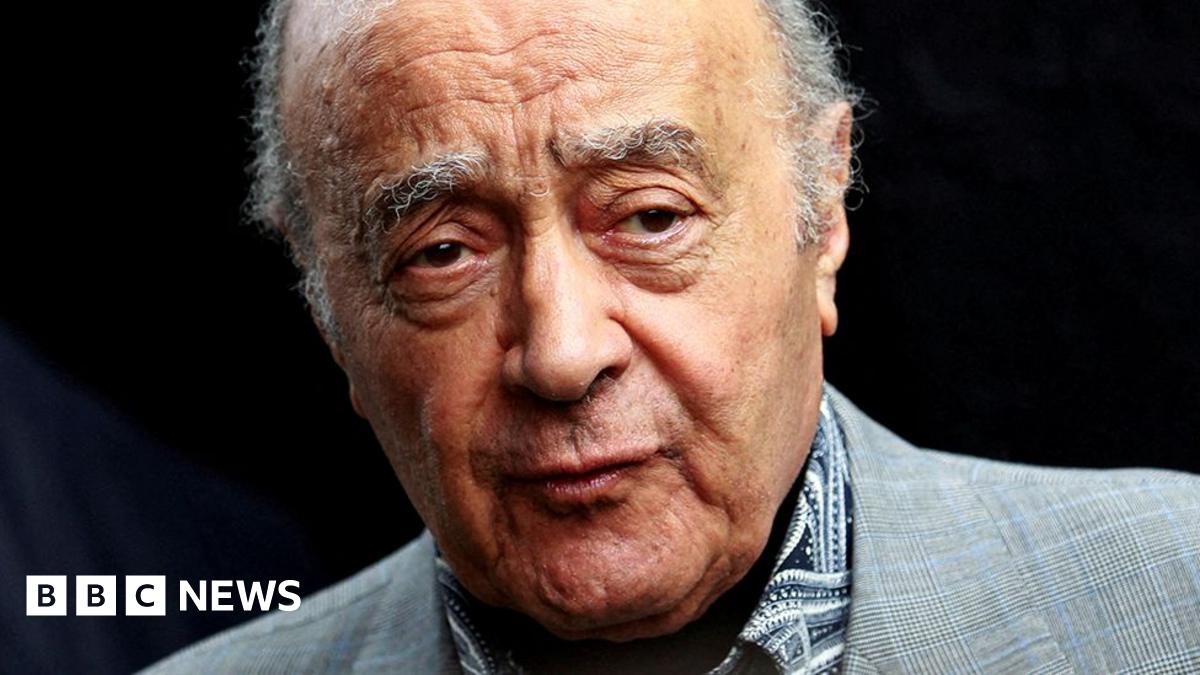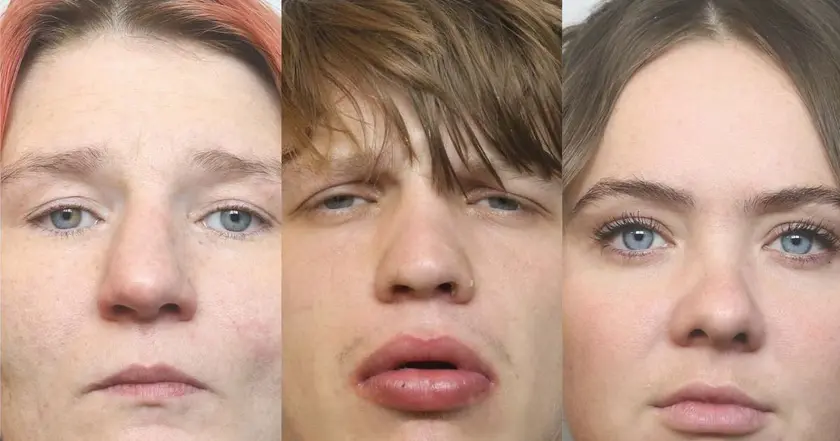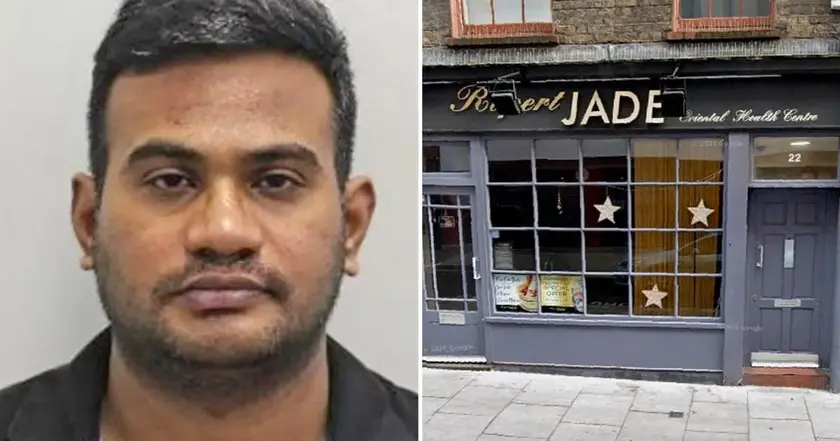T4K3.news
Flight assault victim denied compensation highlights gaps in UK scheme
A UK citizen attacked on a Qatar Airways flight was denied compensation because the incident occurred on a foreign registered plane. Lawyers urge reform.

A UK citizen who was attacked on a Qatar Airways flight is denied compensation because the incident occurred on a foreign registered plane.
Flight assault victim denied compensation highlights gaps in UK scheme
A UK citizen in her 20s was attacked while sleeping on a Qatar Airways flight from Doha to Gatwick last September. The attacker, Momade Jussab, was arrested on arrival and sentenced to six and a half years in prison after being found guilty of sexual assault by penetration and two counts of sexual assault.
The victim was refused a payout from the Criminal Injuries Compensation Scheme because the flight was not registered in Britain. Lawyers for the victim say the rule creates an unfair gap and should be changed in line with updates to the Civil Aviation Act. A government spokesman said Parliament sets the rules for the scheme and that other forms of support are available.
Key Takeaways
"The law must protect victims no matter where the crime happens"
call for consistent rights when crimes occur on international flights
"A gap in the scheme leaves vulnerable people without crucial support"
personal impact of denial of compensation
"Policy must catch up with crimes on flights bound for the UK"
need for reform to align compensation with aviation realities
"Justice should follow the facts not the flight path"
editorial stance on fair treatment regardless of flight status
The case exposes a mismatch between updated criminal law and the protection offered by the compensation scheme. While UK jurisdiction can prosecute crimes on foreign flights bound for the UK, the CIC Scheme rules have not kept pace with aviation realities. Advocates say this gap undermines trust in a system meant to support crime victims, and they are pushing for rapid policy alignment.
Beyond legal mechanics, the situation highlights the broader issue of violence against women in travel. Leigh Day argues the government must close the gap, stressing that protections should not depend on the flight's registration. The government notes that Parliament sets the rules, signaling potential political and budget considerations as lawmakers weigh reform against other priorities.
Highlights
- The law must protect victims no matter where the crime happens
- A gap in the scheme leaves vulnerable people without crucial support
- Policy must catch up with crimes on flights bound for the UK
- Justice should follow the facts not the flight path
Compensation gaps risk policy backlash
The case highlights a gap between updated criminal law and the compensation scheme, which could spark political debate, budget scrutiny, and public concern about protections for crime victims.
Policy momentum will hinge on whether lawmakers translate concern into concrete changes
Enjoyed this? Let your friends know!
Related News

Compensation rules under review after flight assault

Woodford fines issued

Compensation scheme launched for Al Fayed abuse survivors

Vaccine injury spurs class action

Merseyside jails 66 criminals in July

Famous actress assaulted by masseur in London

146 reports to police investigation

Car finance ruling reshapes redress path for consumers
